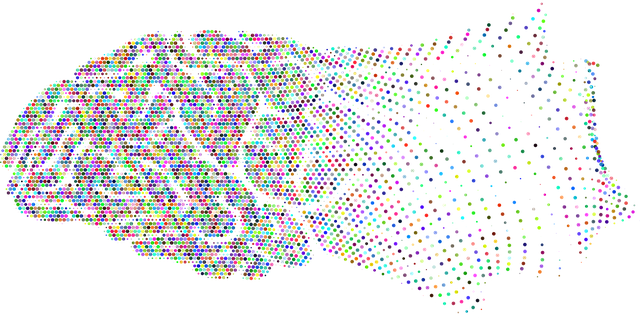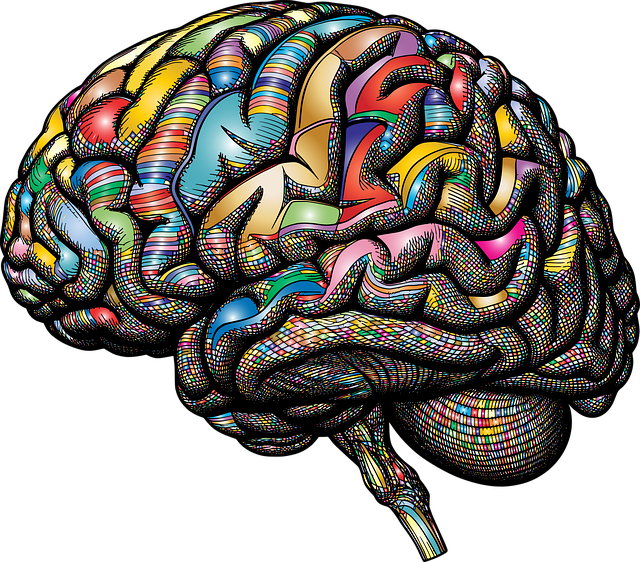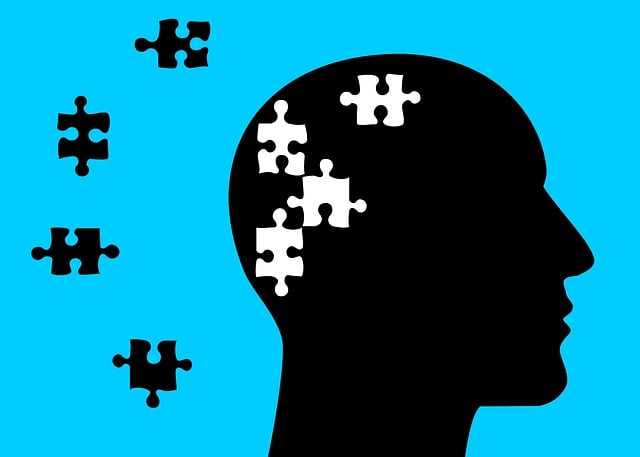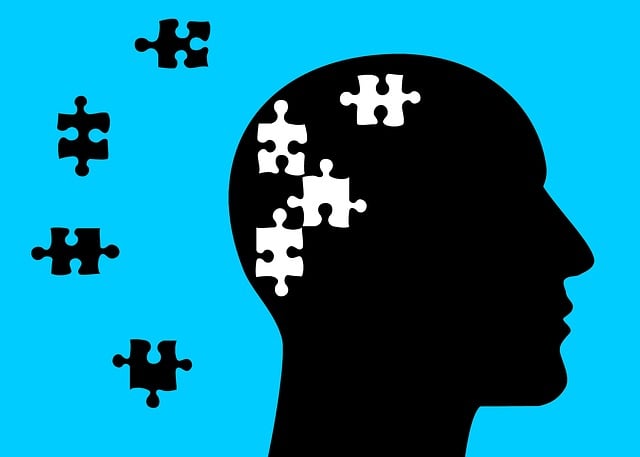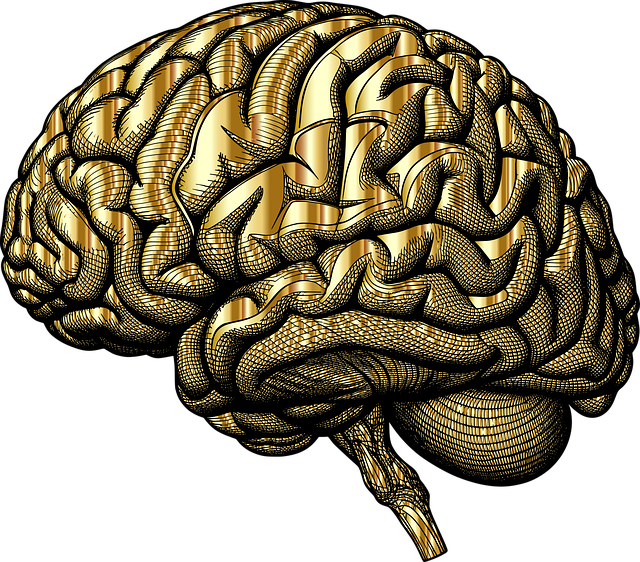Westminster Christian Counseling Therapy (WCCT) offers comprehensive Mental Health Education programs that break down stigma through interactive workshops, discussions, and journaling exercises. Their safe learning environments normalize mental health conversations and empower individuals with coping skills. The program includes guided meditations, mindfulness exercises, and games for engaging participation. WCCT's balanced curriculum covers stress management, self-care, and risk planning tailored to professionals' needs. Through diverse teaching methods and continuous improvement, they foster community well-being, as evidenced by their successful Community Outreach Program.
Westminster Christian Counseling Therapy (WCCT) has pioneered a transformative mental health education program, breaking down stigma and promoting awareness. This comprehensive guide explores the design principles behind WCCT’s successful initiative. We delve into strategic program creation, engaging learner participation, and crucial curriculum components. By examining real-world implementation and impact, this article offers valuable insights for organizations aiming to equip individuals with mental wellness knowledge and skills, reflecting WCCT’s commitment to community well-being.
- Understanding Mental Health: Breaking Down Stigma and Promoting Awareness at Westminster Christian Counseling Therapy
- Designing an Effective Education Program: Strategies for Engaging Learners and Facilitating Growth
- Key Components of a Comprehensive Curriculum: Tools and Techniques for Equipping Individuals
- Implementation and Impact: Measuring Success and Fostering Continuous Improvement at WCCT
Understanding Mental Health: Breaking Down Stigma and Promoting Awareness at Westminster Christian Counseling Therapy

At Westminster Christian Counseling Therapy, we believe that fostering mental wellness starts with understanding and breaking down the stigma surrounding mental health issues. Our mission is to provide comprehensive Mental Health Education programs designed to promote awareness, empathy, and proactive coping strategies among our community. Through interactive workshops, engaging discussions, and practical Mental Wellness Journaling Exercises, we equip individuals with valuable Coping Skills Development tools to navigate life’s challenges.
By creating safe spaces for open conversations, we aim to normalize mental health discussions, encouraging everyone at Westminster to prioritize their well-being. Our program incorporates various activities, including guided meditations, mindfulness exercises, and interactive games, making learning enjoyable and accessible. By participating in these initiatives, individuals not only gain a deeper understanding of mental health but also discover effective ways to maintain and enhance their overall Mental Health Awareness and resilience.
Designing an Effective Education Program: Strategies for Engaging Learners and Facilitating Growth

Designing an engaging mental health education program is an art that combines effective curriculum design with strategies to foster a safe and supportive learning environment. At Westminster Christian Counseling Therapy, we understand the power of education in empowering individuals to manage their mental well-being. An optimal program should incorporate interactive elements, such as group discussions, role-playing scenarios, and case studies relevant to real-life challenges faced by participants. By encouraging active participation, learners become invested in their own journey towards better mental health practices.
To facilitate growth, the program should offer a balanced approach, covering topics like stress management techniques (a key focus for many), self-care practices, and risk management planning specifically tailored to mental health professionals’ unique needs. Equipping individuals with practical tools and knowledge allows them to navigate their personal and professional lives more effectively. Incorporating diverse teaching methods ensures that different learning styles are accommodated, making the program accessible and impactful for all participants, ultimately fostering a supportive community.
Key Components of a Comprehensive Curriculum: Tools and Techniques for Equipping Individuals

A well-rounded mental health education program should be designed to equip individuals with a comprehensive toolkit for navigating their emotional well-being. At Westminster Christian Counseling Therapy, we believe in fostering holistic healing through education that goes beyond basic theories. The curriculum must include interactive tools and techniques tailored to diverse learning styles. These could range from group discussions and role-playing scenarios, which encourage active participation, to multimedia resources and practical exercises for reinforcing key concepts.
Integrating topics like stress reduction methods, risk assessment for mental health professionals, and cultural competency training is essential. Healthcare providers must be equipped to handle a wide spectrum of issues while respecting the unique backgrounds and needs of their clients. By addressing these components, a comprehensive curriculum ensures that individuals leave with not only knowledge but also practical skills applicable in real-life settings, whether it’s managing personal stress or providing culturally sensitive care.
Implementation and Impact: Measuring Success and Fostering Continuous Improvement at WCCT

At Westminster Christian Counseling Therapy (WCCT), implementation of mental health education programs has been a strategic approach to addressing community needs. The organization’s focus on continuous improvement ensures that their services remain relevant and impactful. Success is measured through regular assessments, feedback from participants, and tracking key performance indicators (KPIs) related to the effectiveness of the programs. By utilizing these metrics, WCCT can identify areas for enhancement and adapt their strategies accordingly.
One notable success story is their Community Outreach Program Implementation, which aims to provide accessible Stress Management and Stress Reduction Methods to diverse populations. The program’s impact has been profound, as evidenced by participant testimonials and improved mental well-being in the communities served. This ongoing initiative underscores WCCT’s commitment to fostering positive change, reflecting their dedication to being a leading provider of mental health education and support.
Westminster Christian Counseling Therapy (WCCT) has demonstrated that comprehensive mental health education programs can effectively break down stigma, promote awareness, and facilitate personal growth. By incorporating engaging strategies, practical tools, and continuous improvement based on measured success, WCCT’s curriculum equips individuals to navigate life’s challenges with resilience. This model serves as a valuable resource for organizations aiming to enhance mental well-being in their communities, ultimately fostering healthier, more supportive environments.

